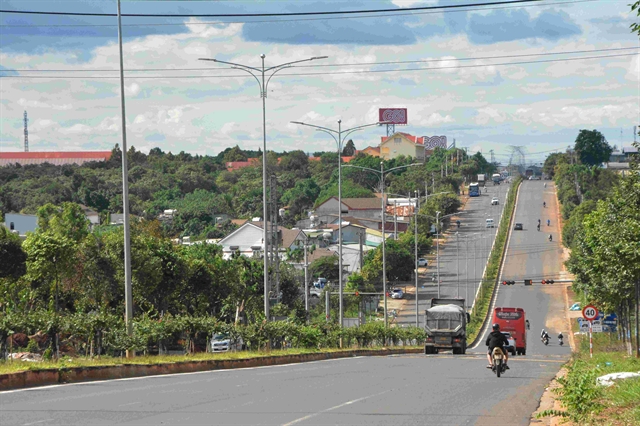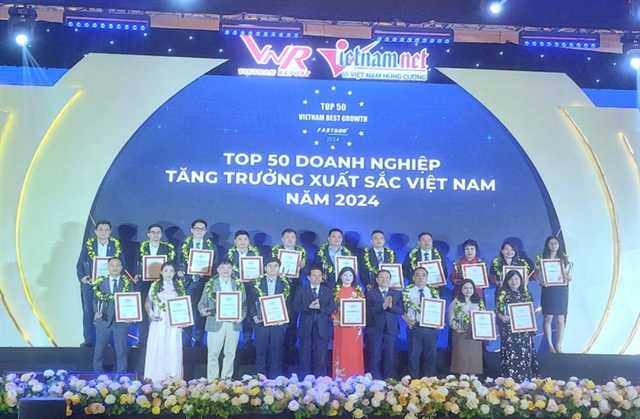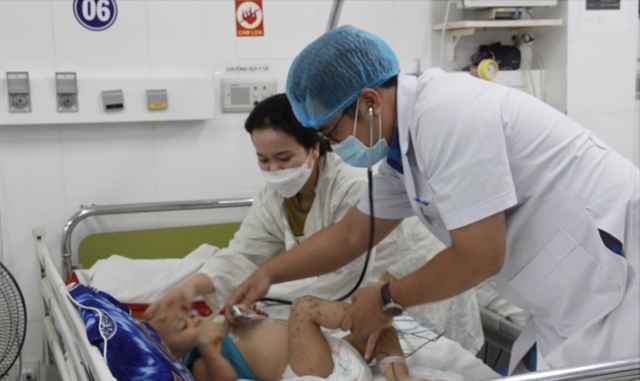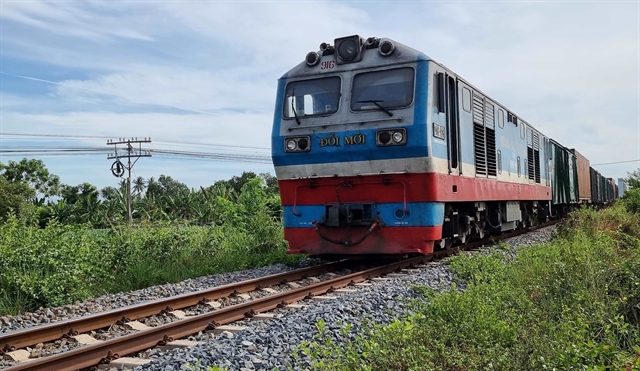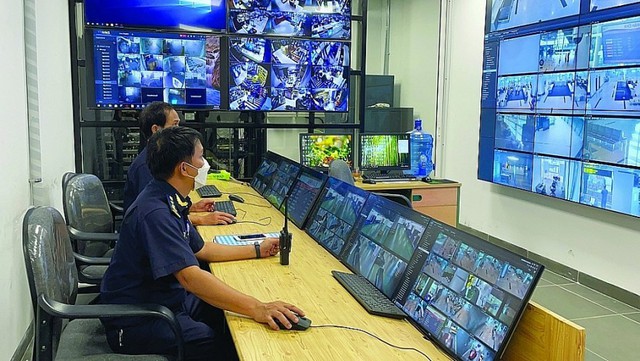 bizhub
bizhub

An increasing number of Vietnamese plan to buy a car this year, catching up with other ASEAN countries, according to the Auto Purchase Index of Financial Times Confidential Research (FTCR).
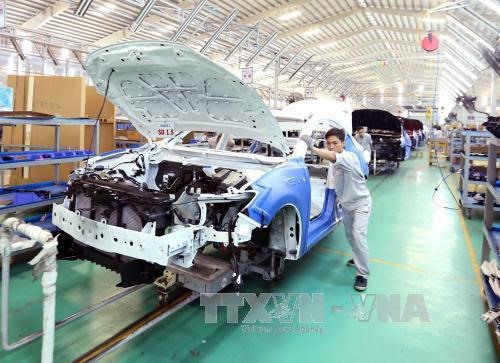 |
| The FTCR’s data from the past four years showed a steady increase in the number of Vietnamese intending to buy cars — gradually gaining on those in the Philippines, Indonesia, Thailand and Malaysia. — VNA/VNS Photo |
HÀ NỘI — An increasing number of Vietnamese plan to buy a car this year, catching up with other ASEAN countries, according to the Auto Purchase Index of Financial Times Confidential Research (FTCR) that measures the six-month outlook for car sales to urban consumers.
The FTCR data from the past four years showed a steady increase in the number of Vietnamese intending to buy cars, gradually gaining on those in the Philippines, Indonesia, Thailand and Malaysia, Vietnam News Agency reports from London. Over the past four years, an average of 25 per cent of urban consumers in those other ASEAN economies said they intended to buy a car.
The average figure for Việt Nam last year and this year was just above 15 per cent, up from 11.9 per cent in 2013, the biggest increase among the five countries. The narrowing gap suggested that strong economic growth over the past four years has translated into rising wages and greater discretionary spending among middle-class Vietnamese.
Official figures showed that car sales in Việt Nam grew strongly from 2013 to last year. Growth has been nearly flat in this year, with consumers delaying their purchase until next year when import duties for ASEAN-made cars are zeroed out from the current 30 per cent.
Despite increasing interest in cars, motorcycles remain the most popular means of transport. In the first half of this year, an average of 38 per cent of Vietnamese consumers said they planned to buy a motorcycle in the last six months of the year, 8.8 percentage points higher than the average for their regional peers. — VNS


